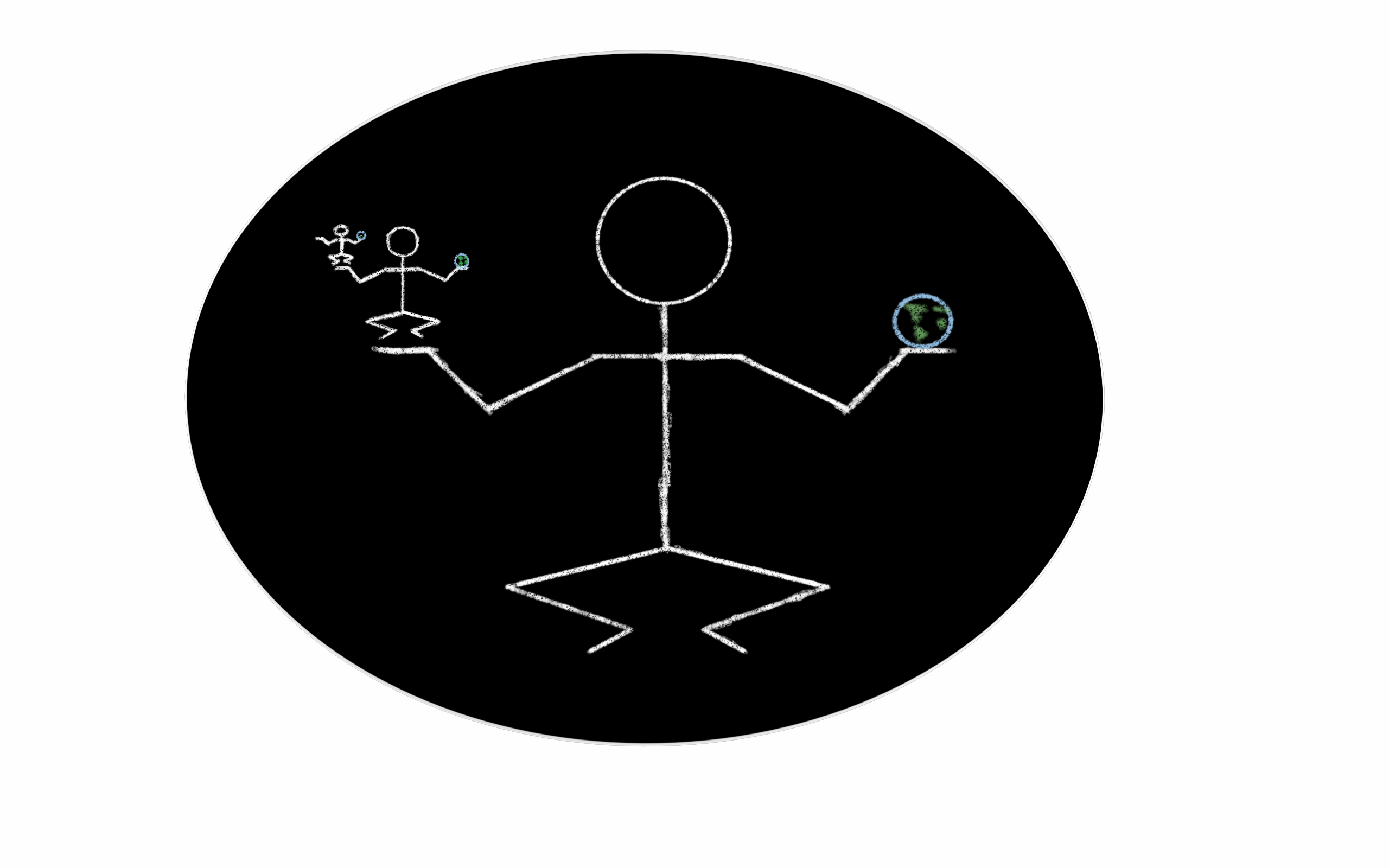Keys to RSI Recovery (Part 1)
Have you recently developed computer-related RSI? Not sure what to expect or how to get your life back on track? Here are my Keys to RSI Recovery!
Hi everyone. This will be a 5-part blog and video series about my RSI journey. I’m writing this in December 2021, just over a year since my computer-related RSI injury in both hands. In this blog series my goal is to provide useful information by discussing the steps that I took during my early RSI recovery journey which led to successful results for my RSI – it is a step-by-step guide to help you accelerate your recovery. This post is aimed at anyone who has been recently injured due to computer use, and like me, found themselves suddenly unable to work at a computer like they once did.
Each of the 5 parts of this series will be comprised of 3 sections/ideas. At the end of each of the 5 sections, I provide an Action Plan. The activities in the Action Plan are changes that I made and things that I did over the past year which when all combined over time have contributed to success in the workplace, in pivoting my career, and in recovery from this condition. And all while having RSI and without the use of a keyboard.
If you are just starting out your RSI recovery journey then I highly recommend that you take extra care when reading these passages. Take notes in a journal or even print these pages if you want to use a highlighter or write in the margins. For best results, and to start feeling more in control of your recovery and your career, complete the exercises in the Action Plans. As with anything worth pursuing in life, recovery from RSI and comfortably navigating the world of computers without the use of your hands will require time and effort.
Feel free to comment on this post to share any progress, successes, roadblocks, or questions!
Enough logistics – let’s kick it off!
Key #1:
Take responsibility for your situation
1.1. Give yourself time to mourn
I remember with intense clarity the cycles of physical pain and emotional blowback I felt during the first 8 or 9 weeks following my injury. My hands, especially my forearms, thumbs, and right index finger were in constant aching pain, which drained my energy throughout the day and prevented sleep. I suddenly feared that I would lose my career and that years of effort and toil were in vain. The anxiety put my heart rate on a rollercoaster, compounding my already disrupted sleep, and causing neck pain, nausea, and moodiness. I felt intense anger and shame toward myself for allowing this injury to happen. I instantly felt salty and resentful towards my work, making workdays seem unbearable and torturously pointless.
Things started to change when I took time away from work. I asked my employer for a few weeks of PTO consecutive with the 2020 holiday break, which was 4 weeks total. My mind being less distracted was able to look more objectively at the situation, see clearly that my career (corporate finance consultant) as I knew it was over, and acknowledge that my lifestyle would need to be completely remodeled. There was nothing I could do go back to my life as it was pre-injury. As these thoughts grew, my anger, shame, fear, and mental turmoil simmered into a lethargic sadness.
I was surprised to realize that although I was mournful (and still experiencing frequent hand pain), I felt relieved. Saying to myself “there are some big problems here and it’ll take hard work before things feel normal” was cathartic. As the weeks passed, I experienced fewer episodes of sleeplessness. My panic became basically nonexistent. I realized that acknowledging my situation allowed me to mourn and was an important step towards my recovery.
These emotional experiences and cathartic realizations would not have happened if I hadn’t taken time off from work. If you recently contracted RSI, you need to start planning for a period away from work, hopefully at least 3 weeks. This time off will bring tons of benefits, one of the most important being a newfound emotional awareness and release.
1.2. Let go of the past
As we just discussed, newly-injured RSI sufferers are likely to be experiencing a deluge of negative emotions, both conscious and unconscious. In the conscious realm, I found that my emotions had become directed more viciously inward, and negative thoughts pierced my brainwaves on a constant basis. I blamed myself, I resented myself, and I felt sorry for myself. My conscious brain justified this attitude because of specific events in my past which it constantly ruminated on.
These thoughts and negative emotions are pointless, and they severely damage one’s self-esteem and quality of life. Ruminating has physical effects as well, raising stress and blood pressure, and preventing quality sleep. Stress is no doubt an exacerbating factor in recovery time from RSI and in one’s exposure to RSI risk.
One strategy that has helped me let go of the past and quiet the ugly down-talking voice in my head is the practice of mindfulness (To those of you who are unfamiliar, I highly recommend this book and this book). Mindfulness helps your conscious brain notice your own thought patterns, moods, emotions, body language, and physical body sensations. The mindful person identifies the sensation or situation, then is able to choose how to deal with it: to accept it, change it, or avoid it. In many cases of course, there is only one way to deal with it (I.e. some things you can’t change or avoid, like death). Even in those cases, mindfulness can illuminate the path forward and allow the mind to accept the present. Mindfulness is not a cure for the effects of past trauma, but it can help you take control of your emotions and your reactions to emotional stimuli.
Meditation is a fantastic strategy to fast-track your mindfulness practice. I won’t go into detail about how to meditate here; This video here does a fantastic job of quickly describing the process. Take steps to become more mindful of yourself, and you’ll hopefully find yourself less stressed, more accepting of yourself, and living in the past less often.
1.3. Accept your reality
RSI can suddenly make you face some harsh realities. The first one is that you have RSI. And for now, you might as well consider it chronic. You did this to yourself by neglecting your health. Or maybe you’re just unlucky, and your body was predisposed to RSI from birth. Either way recovery isn’t going to take care of itself. You can’t work as effectively, and in some cases not at all, but the bills still need to be paid. Every day I feel the burden of recovery due to my RSI.
Another harsh reality that RSI helped me realize is that nobody really has your back, and you must get what you need through your own means. This lightbulb flicked on for me when I first visited my Workers’ Comp doctor. I was genuinely surprised when the WC doctor explained to me that his role in my treatment isn’t to help me recover from the injury per se, but to get me back to computer work as quickly as possible. My employer too was sympathetic to my face, but their actions showed an ignorance and a disregard for my condition. Your boss, your HR representative, your workers comp insurer, your workers comp doctors and therapists, may claim that they are motivated to help you and that they have your best interest in mind, and they probably are well-meaning and decent folks. But remember that they usually have their best interest in mind, not yours; things can fall through the cracks and you should always read the fine print and ask tons of questions when talking to these folks.
You must be in charge of your recovery. You must also continue to earn a living – this might mean you need to work towards mastering alternative computer input tools (like Dragon and the foot-mouse). Nobody else knows exactly how you feel and nobody else is as well-equipped as you to accomplish your goals.
All that might a lot to handle. Full acceptance might take some time. Fortunately, accepting your situation and taking responsibility for it is also an immensely emotional, freeing, and cathartic experience and a powerful step towards accelerating your recovery.
Another big part of accepting your situation is being easy and forgiving on yourself. If you have computer-related RSI, then it happened by accident. It’s truly nobody’s fault; not your doctor’s, not your employer’s, and not yours. You are allowed to be upset. You are always allowed to feel however you want to feel about your situation. Denying these feelings, hiding them from yourself and others, also denies you the ability to see your situation as it truly is. Acknowledging your human emotions and your new situation allows you to move forward towards RSI recovery with enthusiasm.
ACTION PLAN #1:
Take responsibility for your situation
- Take some time off work, if you haven’t taken any since the injury. Several weeks of possible.
- Start keeping a journal, and write down your ideas, stresses, progress towards goals, or even just your random thoughts for at least 10 to 20 minutes per day.
- Practice meditation for at least a few minutes per day. Find a quiet place to sit, set a timer, close your eyes, and simply pay attention to your breathing.
- Practice noticing yourself. At least a couple of times a day (put notifications on your phone or calendar if necessary), as you go about your usual business, ask yourself questions like “how am I feeling right now?”, “Why do I feel that way?”, “How does my body feel right now?”, “Am I relaxed or tense? Do I feel tenseness in my shoulders? My jaw? Other parts of my body?”
- After weeks or months, ask yourself whether you notice any changes in your emotions, moods, and mental patterns.



